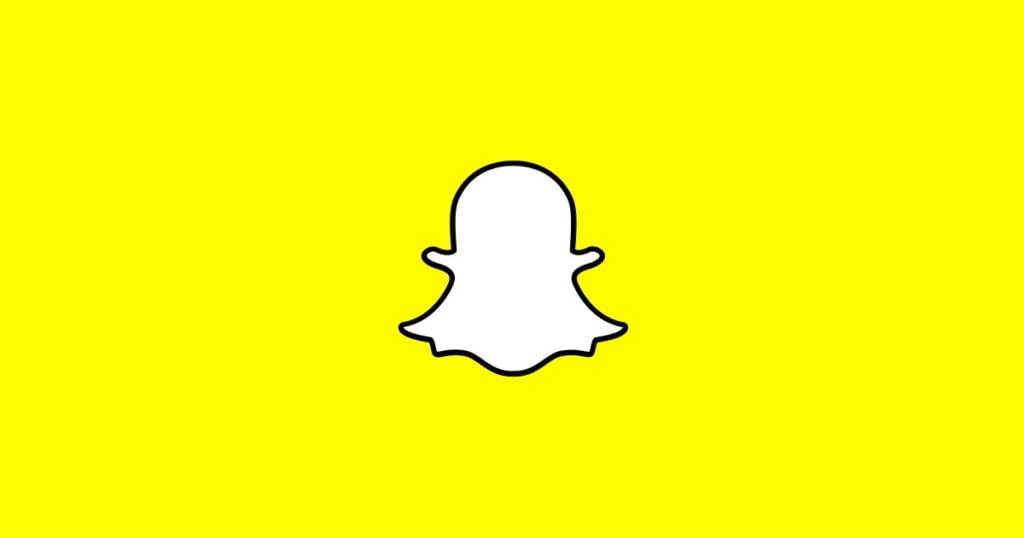Snapchat has released its Q3 earnings report, and as expected, they once again highlight the challenges the company faces as it seeks to further establish itself within the social landscape.
First off, on users – Snapchat added 4.5 million daily active users for the quarter, taking it to a total of 178 million DAU.
That’s not much of a bump for a ‘growing’ platform, but more telling is the actual growth rate. At 178 million DAU, that’s a run rate of 2.9% expansion, quarter-over-quarter, the app’s slowest growth velocity yet (Snapchat grew 4.3% in Q2).
By comparison, Instagram Stories, Snapchat’s now key competitor, grew from 250 million DAU in June to 300 million in Facebook’s latest earnings report – adding ten times as many users as Snapchat did in almost the same period. It’s clear to see that Facebook’s duplication efforts, designed to slow Snapchat’s momentum, are working, and are hurting Snapchat significantly – along with Snapchat’s limited opportunities in global markets.
On this, you can see also Snapchat’s slowing momentum around the world – while the app added two million new users in North America, they saw zero growth in Europe.
That’s a big concern – Snapchat’s focused on established, local markets, eschewing opportunities by opting not to make a scaled down, ‘lite’ version to reach more users. That decision could become a much bigger issue, especially as the market continues to heap pressure on the app to demonstrate more growth.
In terms of revenue, Snapchat came in below market estimates, posting a $207.9 million result for the quarter, against analyst expectations of $236.9 million.
Snap shares fell more than 20% in after-hours trading, reflecting the market sentiment.
The signs are definitely not great for Snapchat, which has struggled to regain its momentum ever since Instagram stole its groove by duplicating Stories. Of course, there’s more to the Snap experience than Stories alone, but the very elements that have thus far worked in Snapchat’s favor are now, as the app seeks wider appeal, looking like they could become problems.
For example, Snapchat long avoided introducing any kind of search functionality, as part of the app’s ‘in-the-know’ appeal was that you had to know, you had to be told by friends how to use the app, how to connect with people, it was never designed to be an open platform. Snap’s secrecy has been a key element – yet, since becoming a listed company they’ve had to introduce a form of search to build on potential.
They expanded on that with Snap Map, which provides more advertising opportunities – but again, lessens the app’s exclusive appeal, at least a little.
In the same way, the app’s notoriously ‘difficult’ interface has also been a growth tool in the past, but now the company has conceded that they may need to overhaul the user-experience to broaden appeal.
As explained by CEO Evan Spiegel:
“One thing that we have heard over the years is that Snapchat is difficult to understand or hard to use, and our team has been working on responding to this feedback. As a result, we are currently redesigning our application to make it easier to use.”
There are no further details on that re-design as yet, but even Spiegel admits that there’s a ‘strong likelihood’ that it could be disruptive to their business in the short term, and that regular users could be less than pleased with the result.
But what else can Snap do?
At one stage, it seemed as though Spectacles were the company’s path to getting out of Facebook’s way – by re-framing Snap Inc. as ‘a camera company’, it seemed to suggest that maybe they would look to expand their wearables focus and build a new, AR-enabled version. But latest reports suggest that Spectacles have been a significant failure – TechCrunch reports that Snapchat took a $40 million hit on Spectacles, due to unsold units.
If Spectacles aren’t their avenue to future growth, then they’re left with Snapchat itself, which, as noted, is being squeezed by Facebook at every turn. They have introduced new options, like their art installation project and new, advanced versions of Lenses which can be used for promotional purposes. But they’re not really big enough to have any significant impact.
That may be even more concerning when you see that Snap’s research and development funding also fell to its lowest level of growth in the last quarter.
But Snap does still have a strong pull with younger audiences, and the app has a distinct allure amongst their passionate fan base. Users have built close, personal networks on Snap, which presents significant opportunity – as per Snapchat’s latest research.
That pull is producing some results, with Snap’s revenue per user figures rising – but not with the momentum that the market would like.
The results reflect exactly what most would have expected from Snap. While the company has added some interesting new features, and have worked with both Google and Apple on new initiatives, they haven’t provided anything to truly counter Facebook’s challenge. The question now is whether they even can, whether they have the capacity to compete with Zuckerberg’s all-conquering giant, if Facebook continues to push them as they have been.
No one’s willing to entirely bet against Evan Spiegel, given his demonstrated capacity for tapping into key audience trends. But it’s not looking great.
The challenge looms larger than ever.

